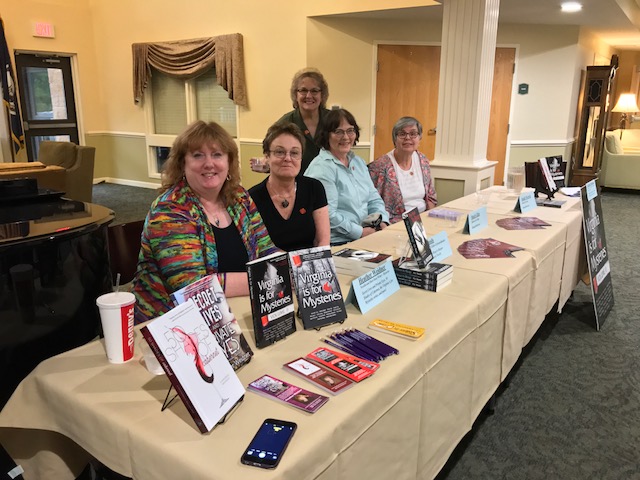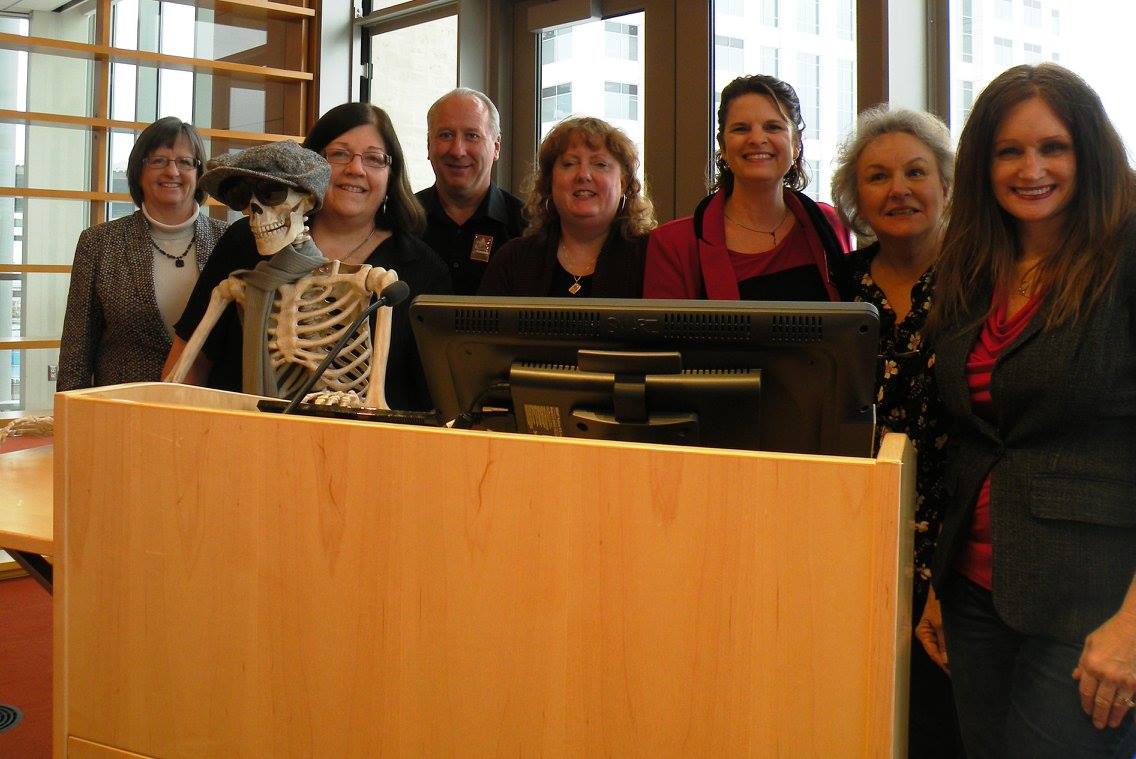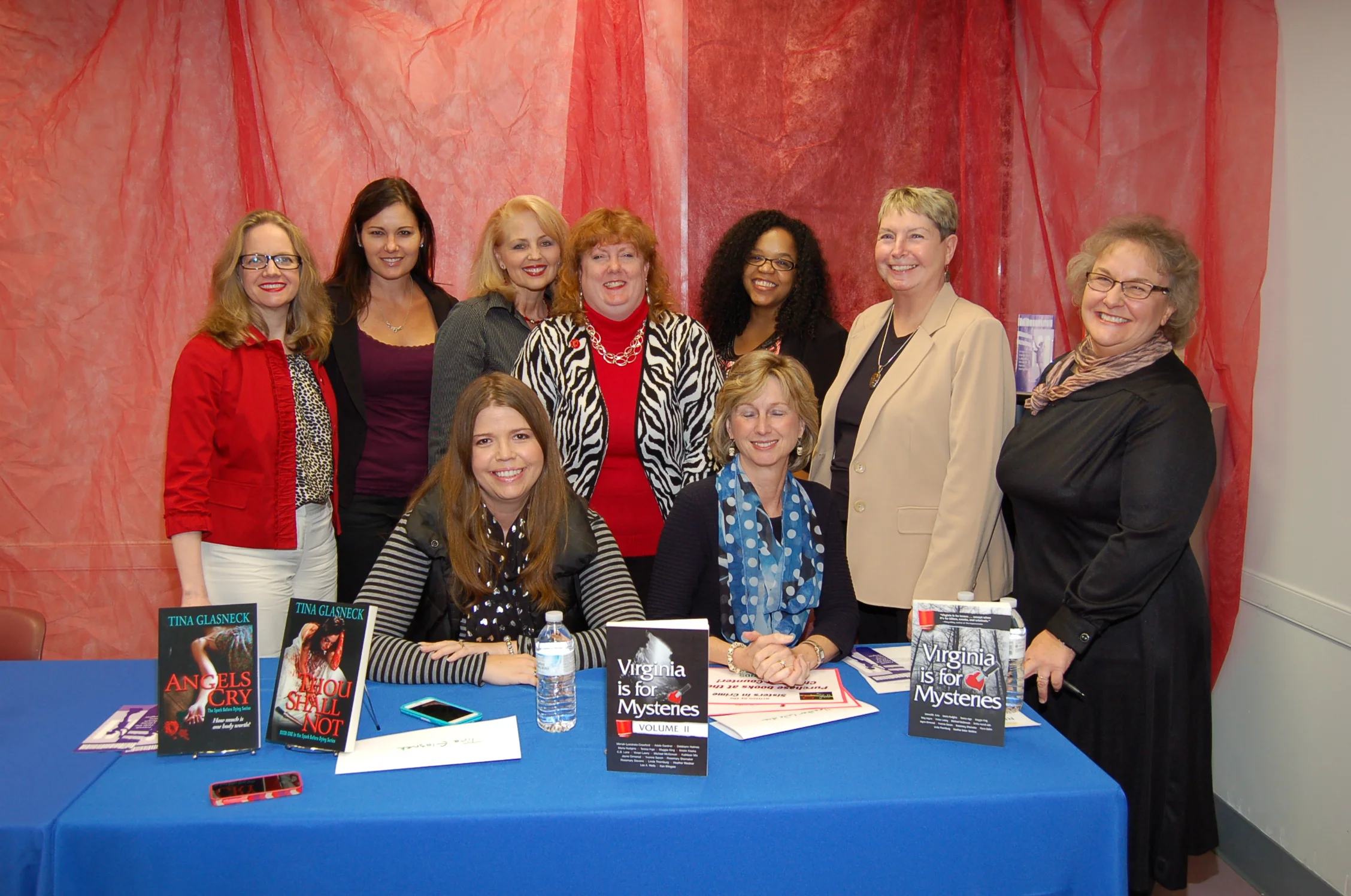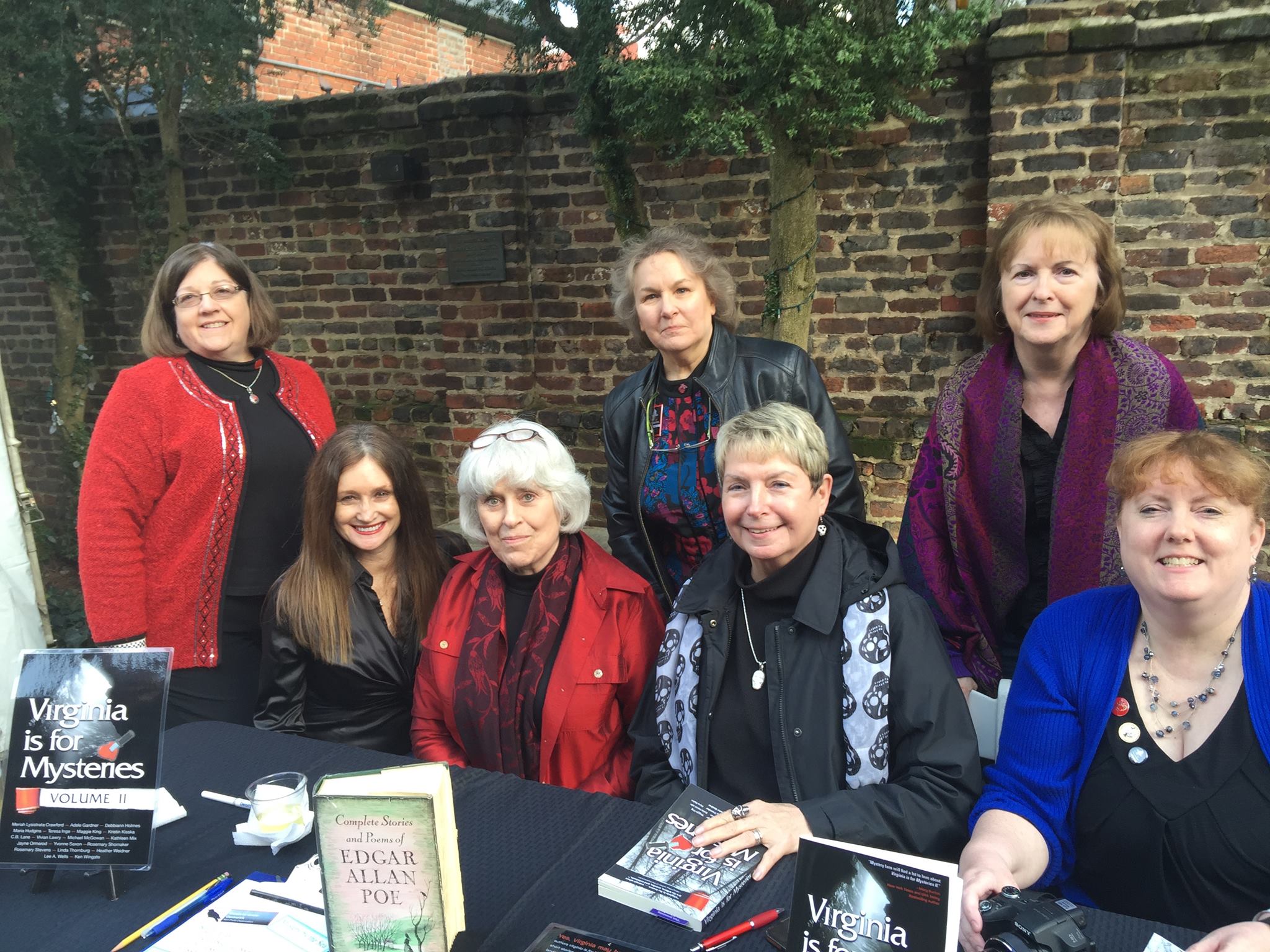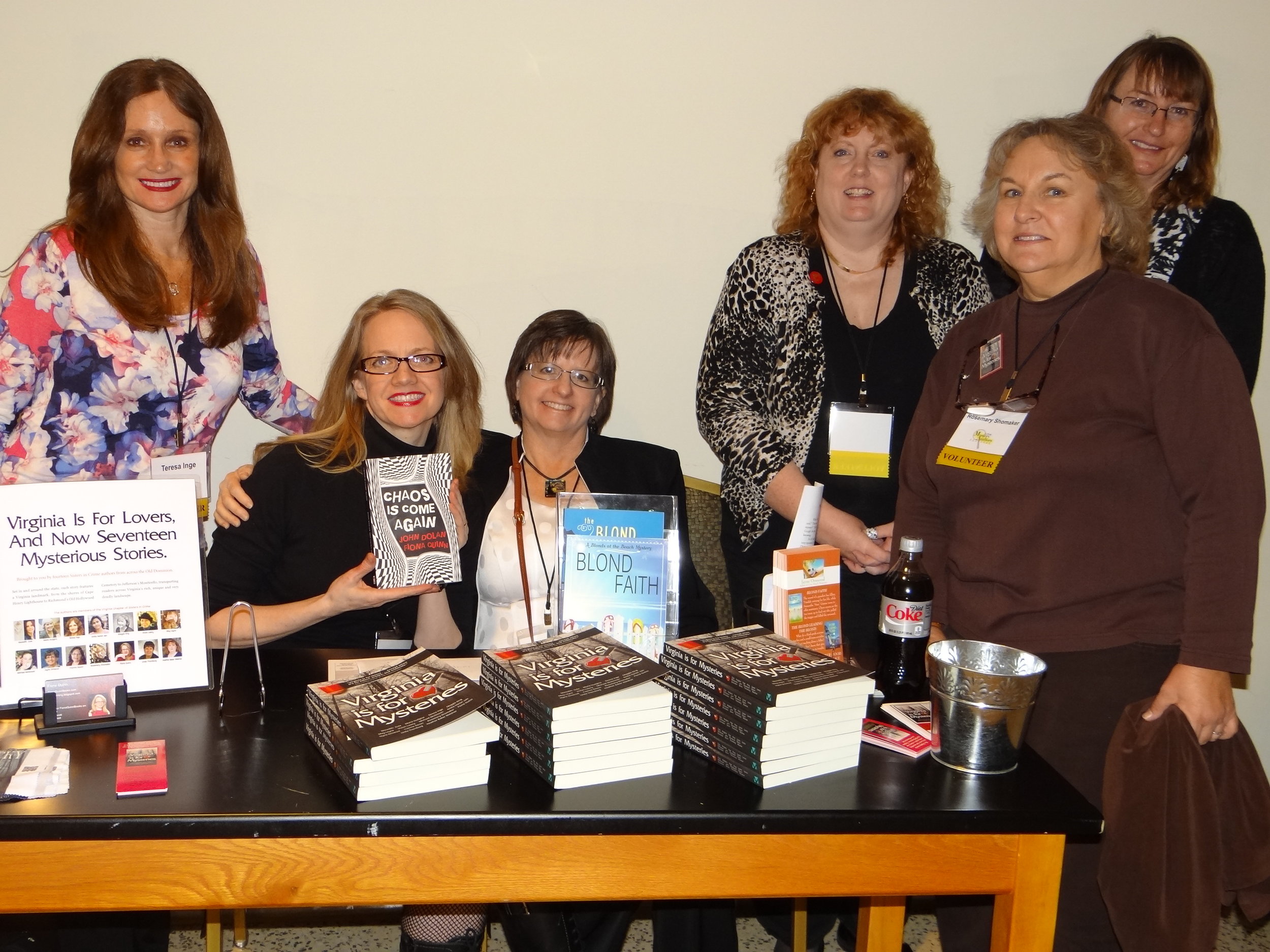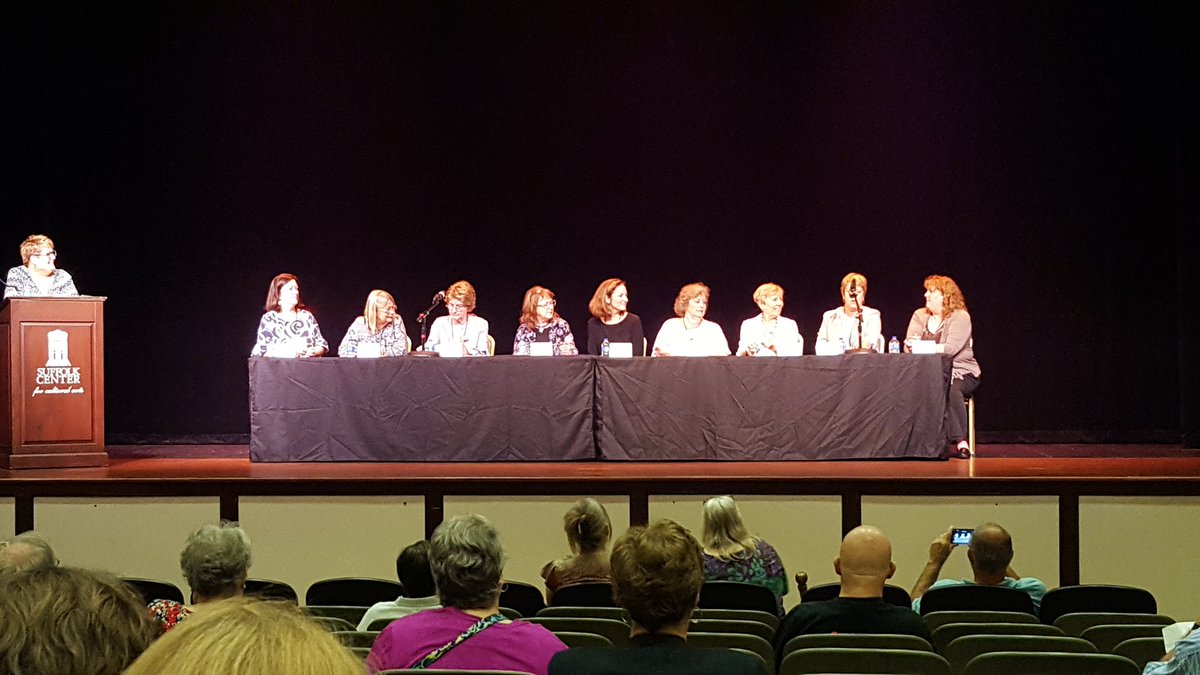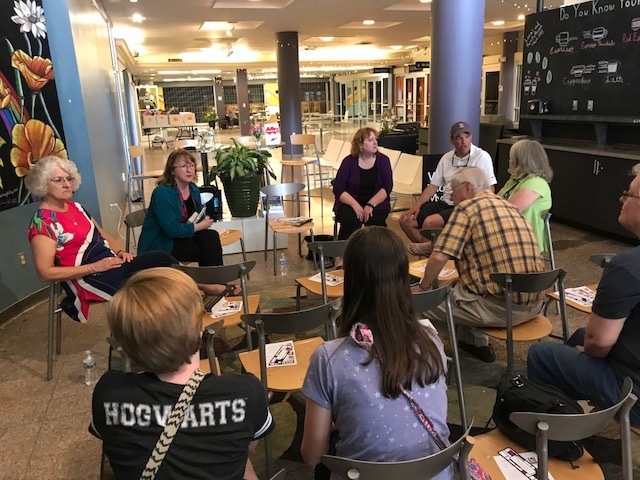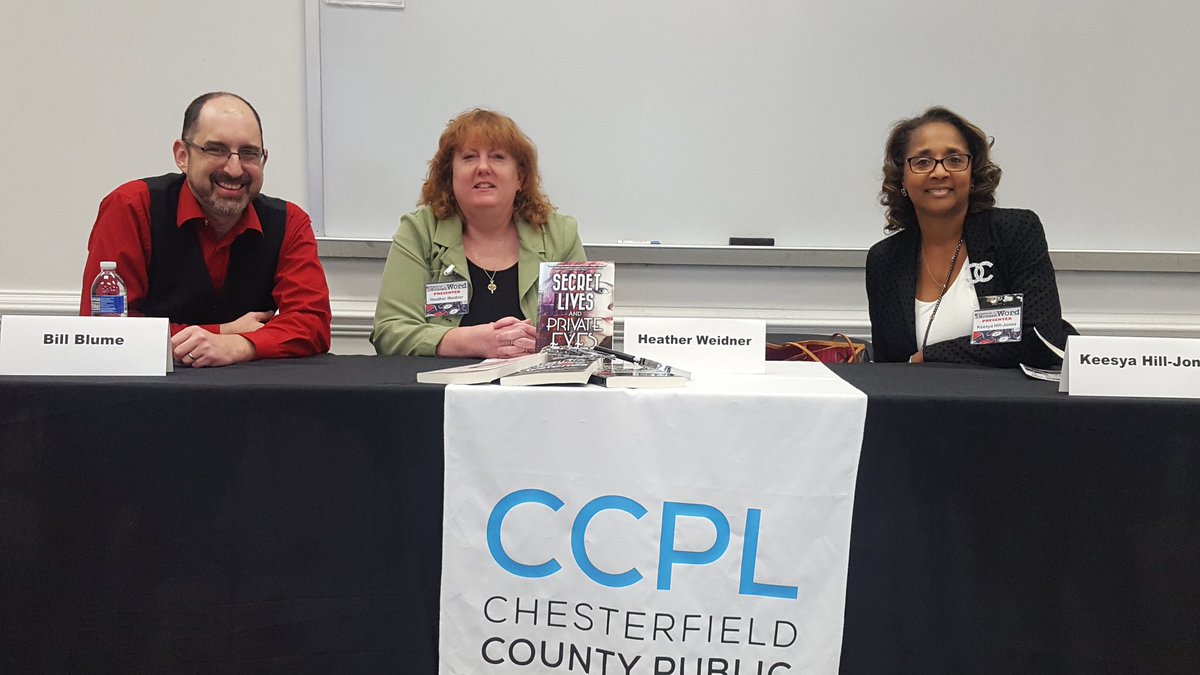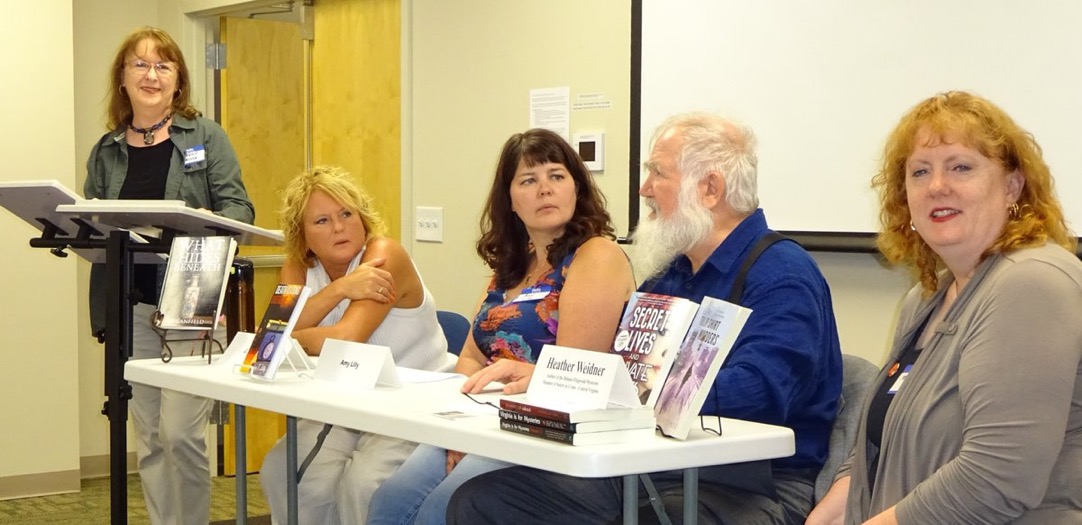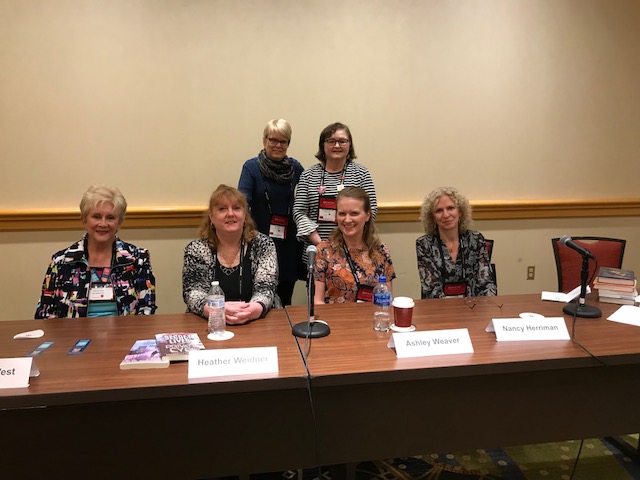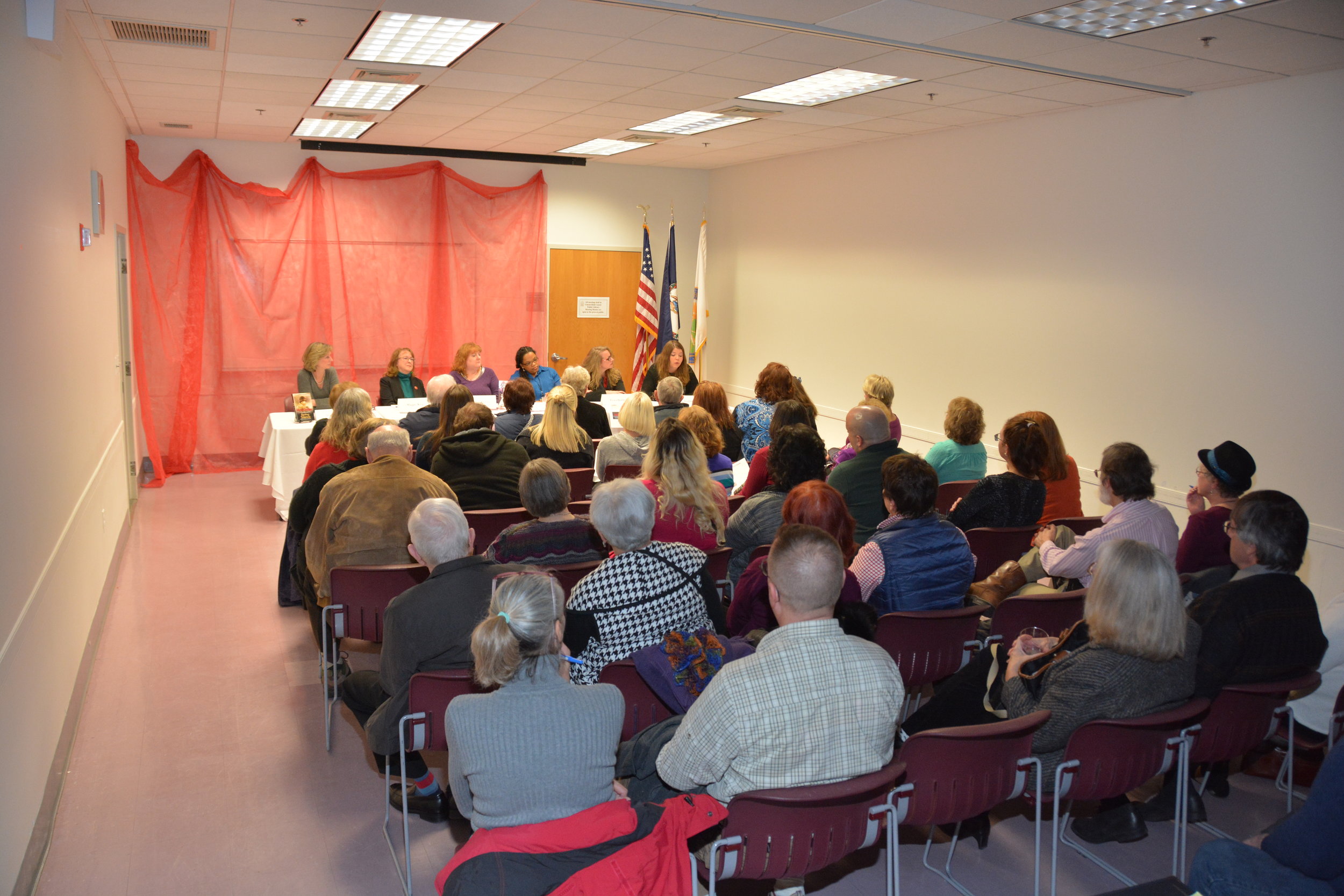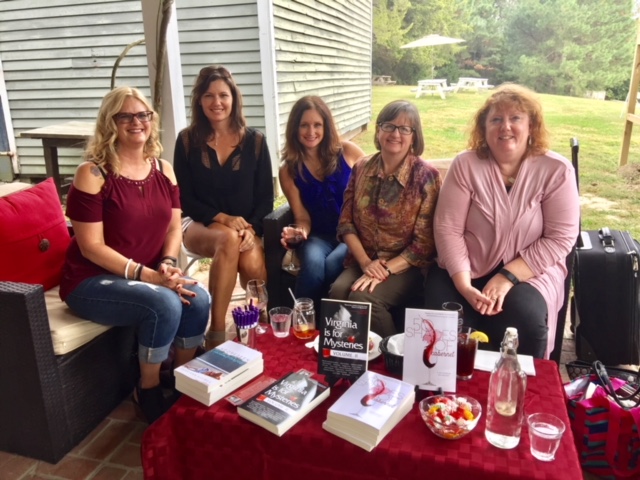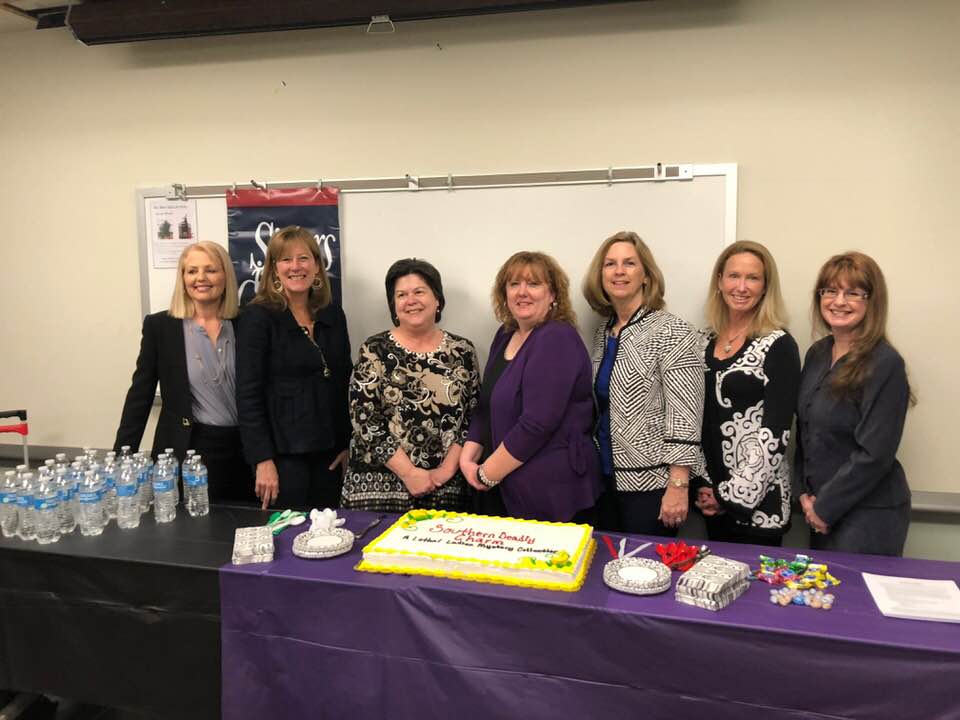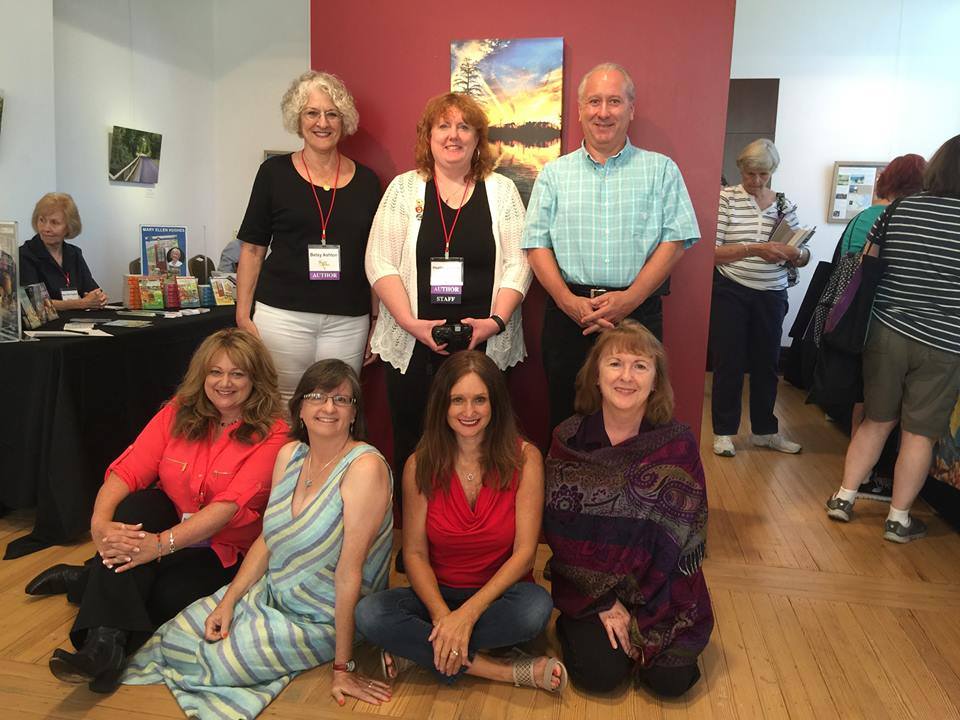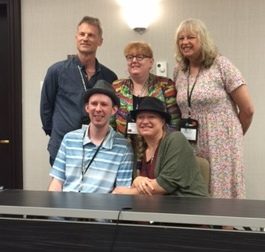Moderating a Panel 101
/Wait. What? I'm the panel moderator? Don't let it strike fear or cause your knees to knock. It's an honor to be asked to moderate a panel or group talk. Here are some tips I've learned over the years to help it go smoothly.
Before
- Know how to pronounce everyone's name. Write it out phonetically if you have to.
- Get a short biography from everyone for your introduction.
- If possible, try to read a story or book by each panelist, so you're familiar with his/her work.
- Provide the questions to your panelists ahead of time, so they can prepare. Nobody likes surprises or to feel stumped by a question.
- Communicate to your panel ahead of time about the expected time length for answers or readings. Let them know that you'll have a signal (e.g. a knock, a wave, a hand gesture) for them to wrap up their answer.
- Decide whether you plan to ask every panelist the same set of questions or whether you plan to customize them.
- Promote your event and authors on your social media channels.
During
- Set the stage of the discussion for your audience. If there are announcements or book signings afterwards, make sure to let everyone know.
- You're in charge of the flow of the event and the discussion.
- You're also responsible for ensuring that everyone has equal time to speak. You may have to signal or even interrupt if someone is a microphone hog.
- Many conferences have a room monitor to set up the space, check the microphones, and watch the clock for the moderator. If there's no room monitor, you'll need to be in charge of managing the clock.
- Many moderators don't like to stand at the lectern. If you're going to move about the room, make sure that you don't walk in front of your panel or turn your back to your panel or the audience.
- Save at least ten minutes at the end for questions from the audience.
- Get someone to take a picture of you with your panelists.
After
- Thank your panelists for their great discussion.
- Make sure to thank your audience.
- Send a follow up email to your panel to recap the event and to thank them again.
- Share your group photo on social media and tag everyone.
- Send a thank you to the hosts or organizers.


